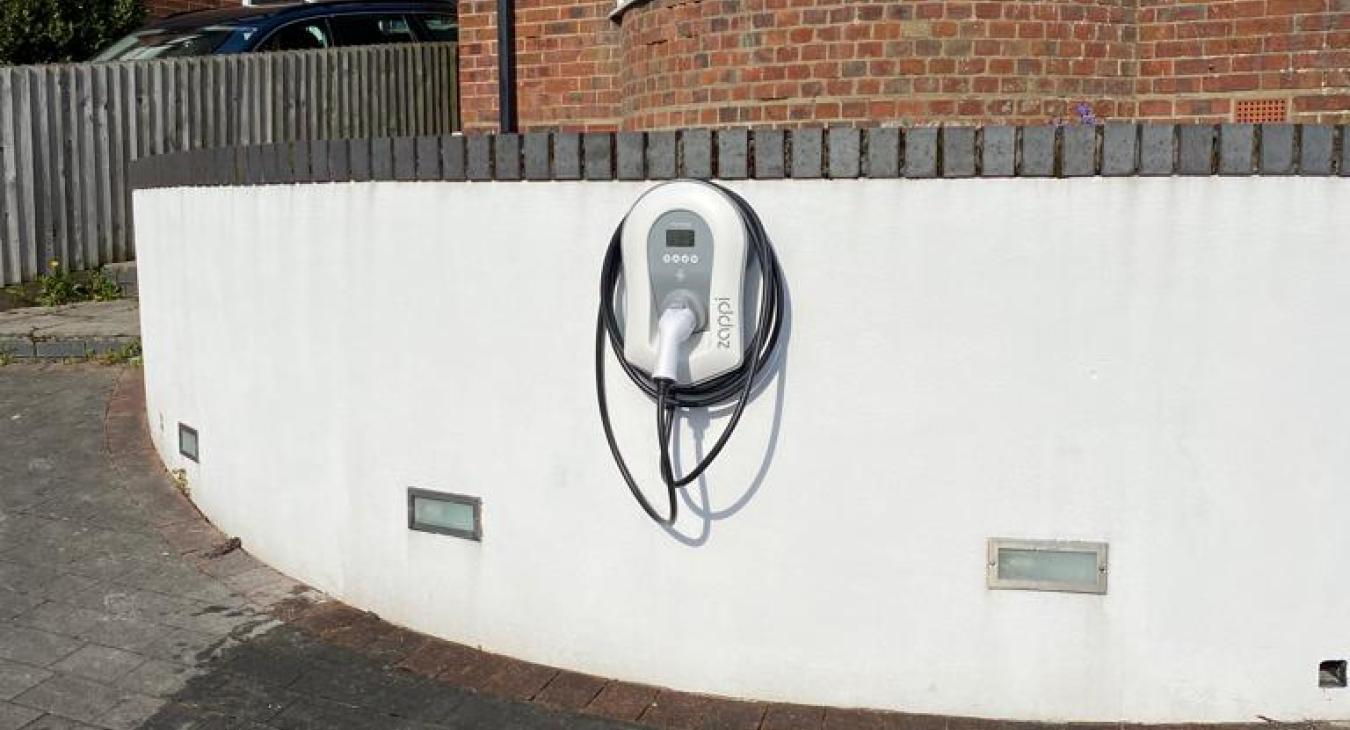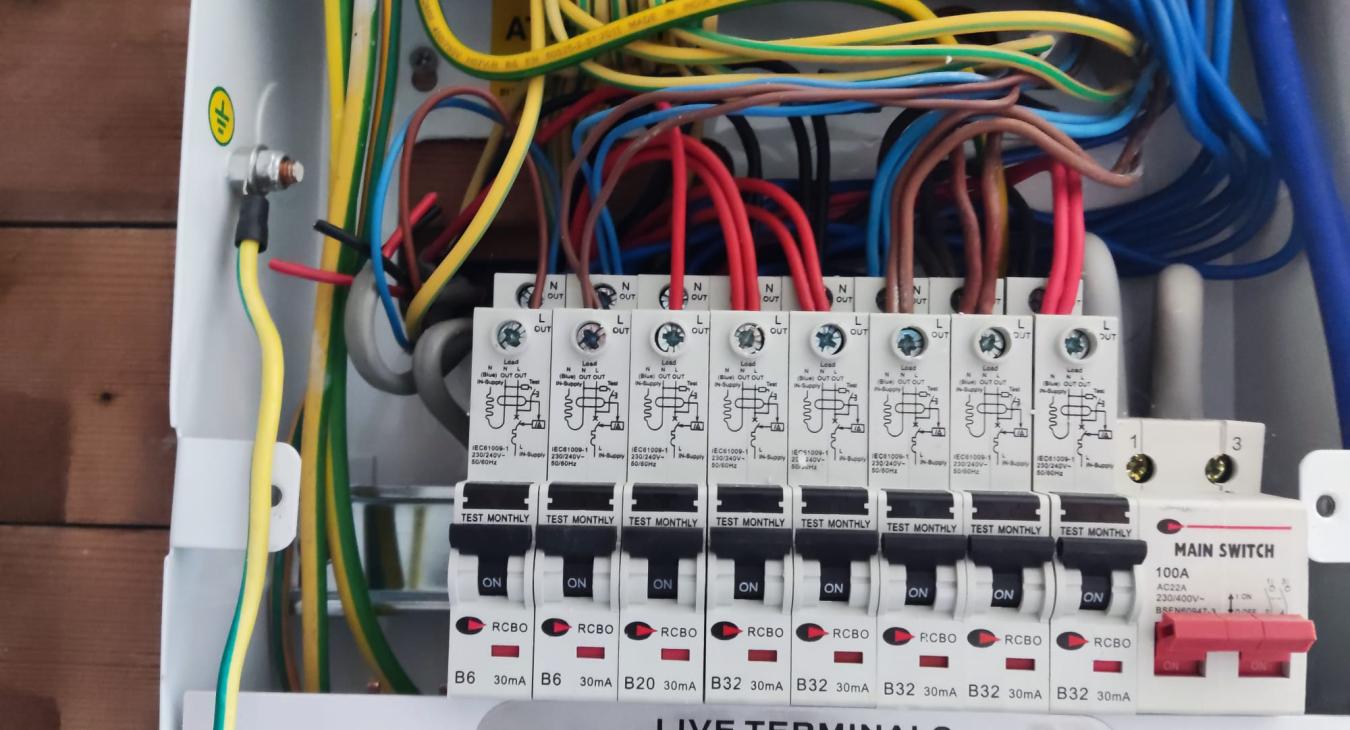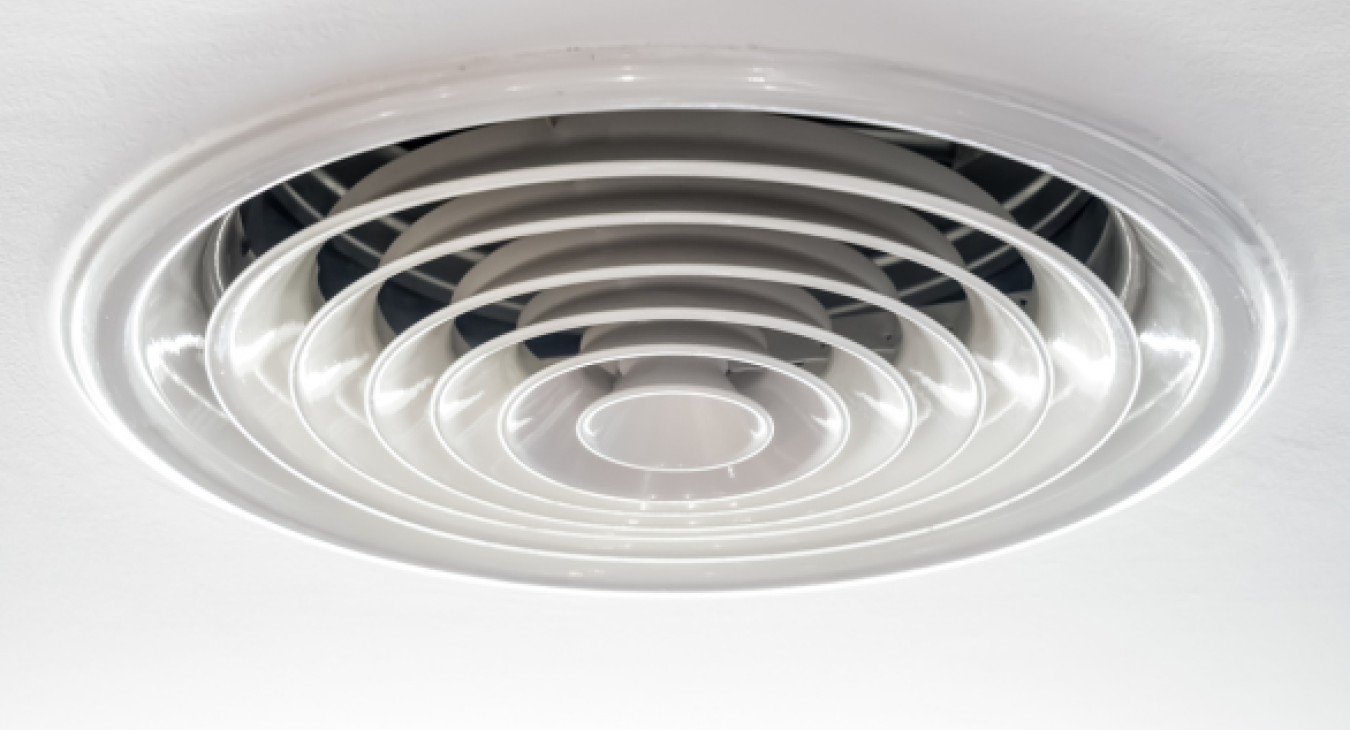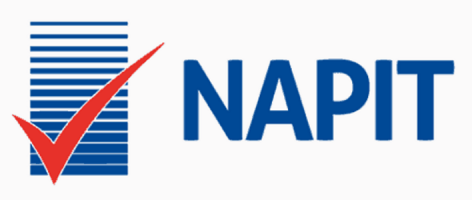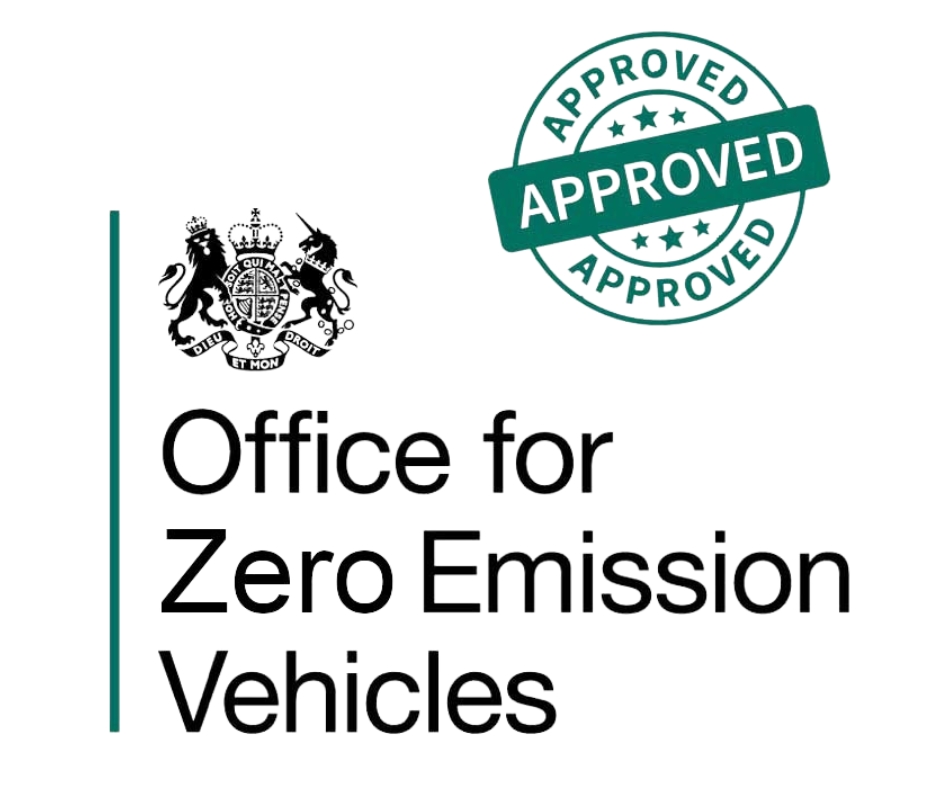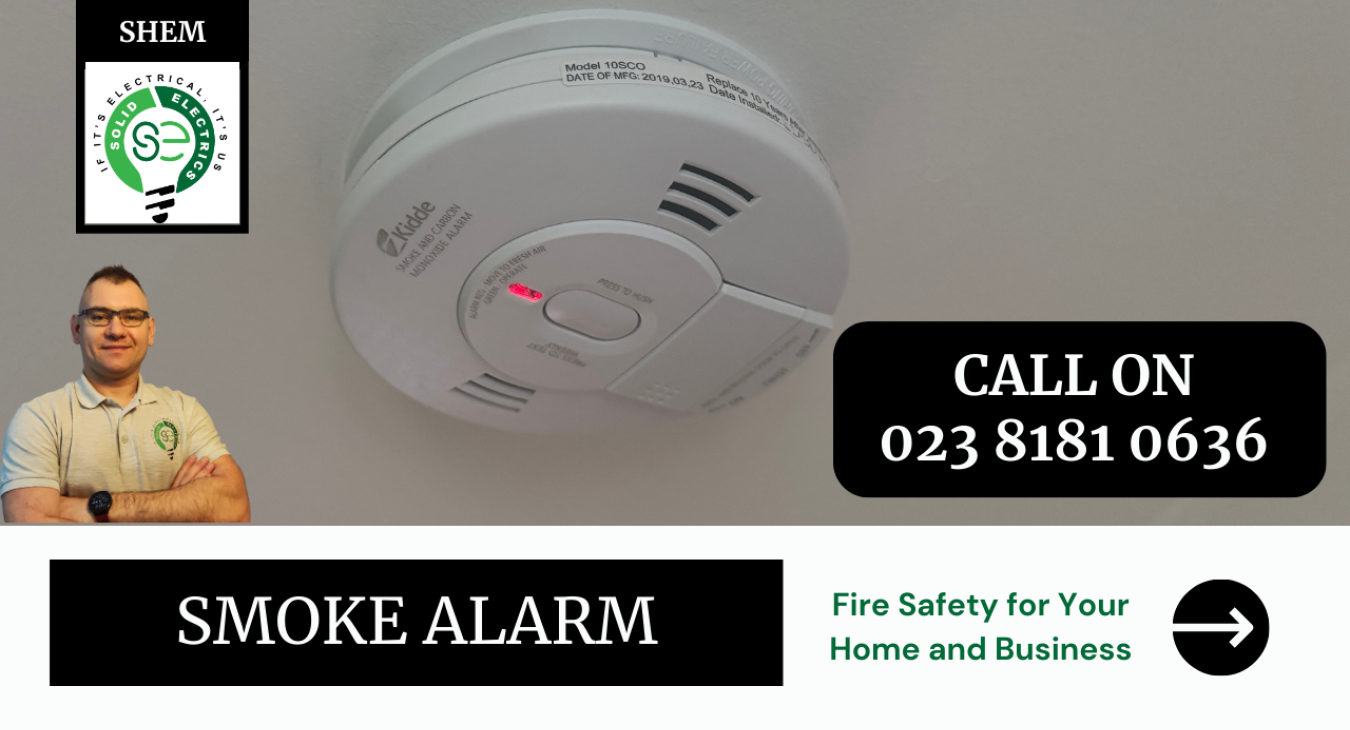
Protect Your Home and Loved Ones – Install Smoke Alarms Today! 🚨🔥
Ensuring fire safety in homes is one of the most important steps you can take to protect your family, tenants, or property. Fires spread quickly, and without early warning systems in place, the risk of injuries and fatalities increases significantly. Smoke alarms have proven to be a life-saving investment, reducing fire-related deaths by up to 50% in properties where they are installed. Recognizing this, the UK has introduced strict laws across Wales, England, Northern Ireland, and Scotland to ensure smoke alarms and carbon monoxide (CO) alarms are mandatory in rental properties and, in some cases, all homes. This article will explore these regulations, their impact on fire safety, and why immediate action is necessary to comply with the law and keep everyone safe.
Fire statistics consistently show that most fatal home fires occur in properties without a working smoke alarm. In many cases, fires start at night when people are asleep, meaning an alarm is often the only warning before it is too late. Governments across the UK have recognized this risk and have put measures in place to enforce strict smoke alarm regulations, particularly in rented properties where landlords must now take responsibility for installing and maintaining these crucial safety devices.
Smoke Alarm Regulations in Wales
As of December 1, 2023, all rental properties in Wales must have at least one working smoke alarm on every floor of the property. These alarms must be mains-powered and interlinked, meaning that if one alarm is triggered, all alarms in the property will sound. This is a critical safety measure that ensures occupants are alerted no matter where they are in the house when a fire starts. Additionally, landlords are now required to install carbon monoxide alarms in any room with a fuel-burning appliance, including gas and oil boilers, fireplaces, and wood-burning stoves. These regulations apply to all new tenancies that began after December 1, 2022, and all existing tenancies must comply by December 1, 2023.
The penalties for non-compliance can be severe. Landlords who fail to meet these requirements may face legal action, and in some cases, tenants may be exempt from paying rent if the property does not meet fire safety standards. Additionally, failure to comply with fire safety laws can result in fines and enforcement action from local authorities. It is crucial for landlords to ensure that they have installed the correct alarms and that they are tested regularly to confirm they are in working order. Keeping records of smoke alarm installations, property inspections, and electrical certificates is also recommended as proof of compliance.
Smoke Alarm Laws in England
In England, the Smoke and Carbon Monoxide Alarm (Amendment) Regulations 2022 came into effect on October 1, 2022, making it mandatory for landlords to install at least one smoke alarm on every storey of a rental property where there is a room used as living accommodation. A carbon monoxide alarm is also required in any room that contains a fixed combustion appliance, excluding gas cookers. Unlike the laws in Wales, interlinking of smoke alarms is not yet a requirement in England, though it is highly recommended.
Landlords must ensure that these alarms are in good working condition at the start of a new tenancy, and if an alarm is found to be faulty, they must replace it immediately. Non-compliance can result in fines of up to £5,000 per breach, and local authorities have the power to enforce the regulations through inspections and penalties.
Homeowners are not legally required to install smoke alarms under this law, but it is strongly recommended for all households to have a smoke alarm on every floor and a CO alarm in any room with a fuel-burning appliance. Early warning from a smoke alarm can mean the difference between life and death in a fire emergency, and every home should prioritize fire safety.
Northern Ireland’s Smoke Alarm Regulations for 2024
Northern Ireland has introduced new smoke alarm regulations that will come into effect in 2024. Under the Smoke, Heat, and Carbon Monoxide Alarms Regulations (Northern Ireland) 2024, rental properties must meet new fire safety standards. From September 1, 2024, all new tenancies must comply with the new regulations, while all existing tenancies must comply by December 1, 2024.
These regulations require landlords to install a smoke alarm on every floor of the property, a heat alarm in every kitchen, and a carbon monoxide alarm in any room with a fuel-burning appliance. The alarms must also be interlinked, ensuring that if one alarm detects a fire, all alarms in the property will sound.
Interlinked alarms significantly improve fire safety because they ensure that no matter where a fire starts, all occupants in the home will be alerted. This is particularly important in larger homes or homes with multiple occupants, where a fire could go undetected in one part of the house until it is too late.
Scotland: The Most Comprehensive Fire Safety Laws
Scotland has taken a leading role in fire safety, introducing some of the strictest regulations in the UK. Since February 2022, all homes in Scotland, including both rental and privately owned properties, must have interlinked smoke and heat alarms. This law applies to every home, ensuring that fire safety is a priority for all residents.
Under these regulations, every home must have one smoke alarm in the room most used during the day, one smoke alarm in every hallway and landing, and one heat alarm in the kitchen. Additionally, a carbon monoxide alarm must be installed in any room with a carbon-fuelled appliance, such as a boiler, fire, or heater.
The alarms must be either mains-powered or have sealed, tamper-proof batteries that last up to ten years. The goal of these laws is to provide maximum protection for all homes, ensuring that every household has a fully interlinked alarm system to provide early fire warnings.
How Smoke Alarm Laws Have Improved Fire Safety
Since the introduction of strict smoke alarm regulations, fire-related casualties have decreased across the UK. In Wales, there has been a noticeable reduction in dwelling fires, with reports showing a 3% decrease in fire incidents in 2023-24. Scotland, which has had interlinked smoke alarms in place for longer, has seen a significant decline in fire-related fatalities since the law was implemented.
Fire safety experts emphasize that a properly installed and maintained smoke alarm system is the best way to protect occupants from fire-related deaths and injuries. Smoke alarms' early warning allows for quicker evacuation and fire department response, reducing the risk of serious harm.
Final Thoughts: Take Action Now to Protect Your Family
Fire safety is something that should never be overlooked. Whether you are a landlord, tenant, or homeowner, ensuring that your property is equipped with smoke and carbon monoxide alarms is essential for preventing tragedies. The law now requires landlords to take responsibility for installing and maintaining these alarms, but everyone should take proactive steps to ensure their home is protected.
Now is the time to take action. Check your Southampton home today to ensure you have working smoke alarms on every floor and carbon monoxide alarms in the necessary rooms. If your alarms are battery-operated, replace the batteries regularly and test them monthly. If you are a landlord, ensure your rental properties are compliant with the latest regulations and that your tenants are aware of their responsibilities for testing alarms.
A small investment in smoke and carbon monoxide alarms can save lives. Wait no more—ensure your family’s safety today! 🚨🔥
📞 Call: 023 8181 0636
🔗Website: Solid Electrics Limited

